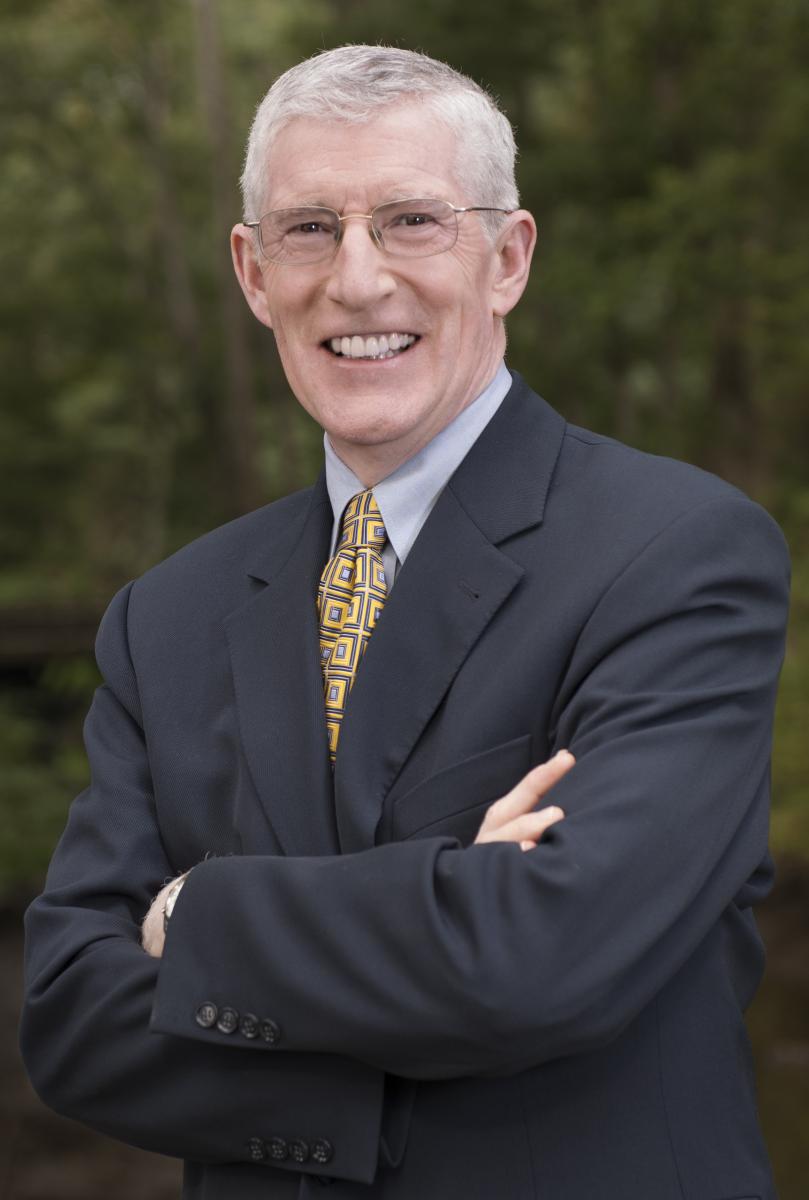Posted on
 Even with a couple retirements under his belt, Wynne Powell is not done yet.
Even with a couple retirements under his belt, Wynne Powell is not done yet.
As president and CEO of London Drugs, Wynne was responsible for helping grow 18 stores in BC to 78 across western Canada at the time of his retirement in 2014. Wynne had a second successful career as the longest-serving health chair in BC. In 2016 he retired after serving as PHSA’s Chair for more than 15 years. During his time with PHSA, Wynne served seven Ministers of Health and chaired three large health organizations – all as an unpaid volunteer.
In December of 2017 Wynne returned to health care, joining the Clinical & Systems Transformation (CST) at a critical time for the project. In this exclusive Q&A we get to know Wynne better and learn how he’s planning to support the CST project as the first sites prepare to go live with a new clinical information system this spring.
Your time at PHSA must have been rewarding, and it’s filled with notable achievements. What went into your decision to return to health care?
BC’s health care system is extremely important to me. So when I was asked to return, it was something I took very seriously. I didn’t want to return unless I was sure I could help. From my time as the board chair at PHSA, chair of BC Emergency Health Services, and interim chair for Fraser Health, I understand how important the Clinical & Systems Transformation project is. We’re talking about an opportunity to directly improve patient care for people in this province.
You have a reputation as an innovative leader and as someone who can get things done. How will you be able to contribute to CST’s success?
I think I can bring a lot of value in helping remove any obstacles or roadblocks that might get in the way of a successful transformation. I also want to help everyone stay focused on what we all want – to improve the safety, quality and consistency of patient care. It’s all about the patients.
Are there any specific areas for improvement or obstacles to success you’re focusing on?
As you can understand, this is a large, complex project. We’re introducing new technology, but it’s important to stay focused on the human side of change because the system will touch all our patients, staff and medical professions. When one looks at others who have struggled with projects like this, outstanding leadership by all teams is essential, and good governance is among the hallmarks required to succeed. With my decades of volunteer work for many governments and entities, I hope to be able to bring an effective governance approach to CST.
More specifically, in my view it’s critical to make sure front-line physicians and staff will be able to get the support they need to successfully go live with the system, including quick responses to any problems that come up that could impact patient care.
This type of change will not be easy. It will be a challenging journey that needs all of us to recognize that the eventual patient care improvements will take time and will require our long-term commitment to make the transformation succeed.
One of my highest priorities for CST is to make sure we have total transparency to all. One of my first acts was to have the board approve a process that will allow those who wish to remain anonymous to report any CST technology issues that are affecting, or may affect, patient safety and care.
And, of course, we do need to be cost effective as every dollar that is not spent effectively affects our ability to provide patient care.
What excites you most about the project?
Well, I’ve come on at an exciting time with the first implementations happening this spring at Lions Gate Hospital and Squamish General Hospital, as well as sites later this year. To see these first successful go-lives will be tremendously rewarding. These are the first steps for the future of patient care in British Columbia.
What does success for CST look like from your perspective?
Success for me will be to look back at a successful CST project, and to know I helped set the course to the best patient care and experience possible.
In past media interviews you’ve talked about meeting Walter Cronkite. In his famous last broadcast, he said: “Old anchormen don’t fade away. They keep coming back for more.” Can you relate?
Ha! He’s definitely right. It’s not just broadcasters. People can’t see me fully retired, and I can’t either. Even though I’ve phased down what I was doing from even five years ago – including retiring from London Drugs and PHSA - I enjoy my current work as Chair of London Air & Sonora Resort. And I’m looking forward to helping the CST project cross the finish line. Governance and management is a team sport where we win or lose together. What I try to do is provide the support to have us win.


